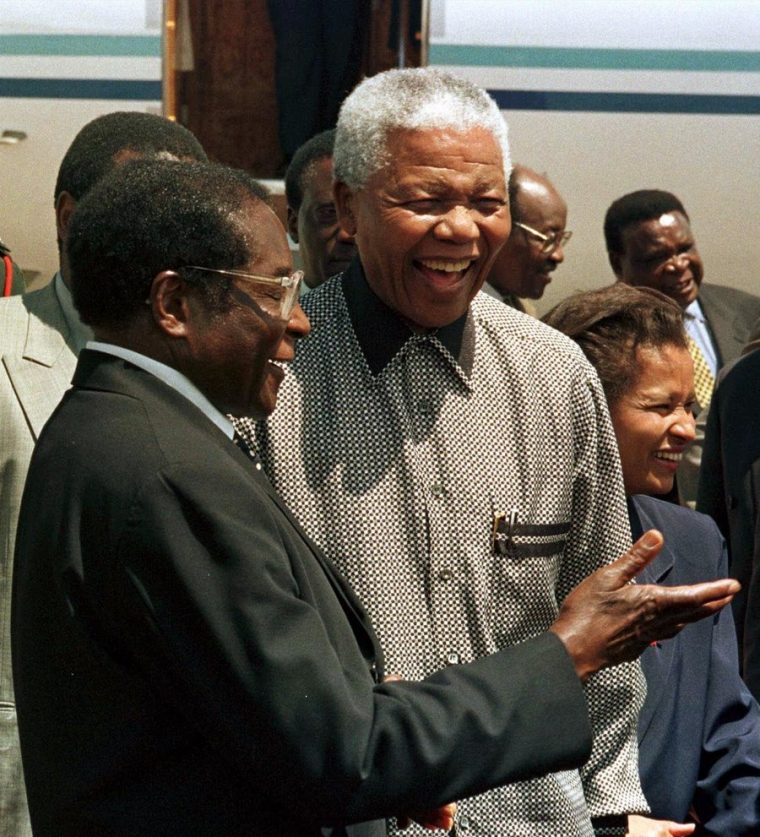Has the Economic Community of West African States (Ecowas) just taught the Southern African Development Community (SADC) a lesson? The West African states effectively took a dictator to task after he refused to comply with the democratic will of the people to vacate office.
By using diplomacy in combination with the threat of military force they managed to convince the former Gambian president Yahya Jammeh to surrender power and leave the country. This was after he was defeated in an election.
Why has the southern African regional body been, in comparison, so ineffectual? Will it learn from Ecowas and become more interventionist?
Many countries in southern Africa have not had free and fair elections; Zimbabwe is the most obvious example.
Where there have been cases of unconstitutional seizures of power, or leaders have stayed in office despite a lack of electoral support, there has been at best some form of SADC mediation, but not the threat of military intervention.
Such contrasting relative tolerance, if not outright passivity, can be explained by a number of factors. They relate in part to the sub-regional configuration, with former liberation movements governing the most influential member states. In addition, there appears to be a lack of common political will. This can be seen from the fact that there is no operational regional military force.
SADC’s credibility is at stake. At a time when the AU is increasingly promoting legitimate governance, the question arises: how much longer can SADC justify its inaction?
The Anglophone member states of Ecowas formed a military force, called the Ecowas Ceasefire Monitoring Group (ECOMOG), already in 1990. It has intervened in a number of civil wars and cases of instability in West Africa.
SADC, on the other hand, has for years been attempting to organise a stand-by force which would fall under the stand-by force of the African Union (AU).
But the SADC force isn’t operational and has not got beyond some basic training exercises. Units of the South African National Defence Force have been deployed for peace-making missions on behalf of the AU and the United Nations (UN) in a number of African countries.
Continued next page
(416 VIEWS)
